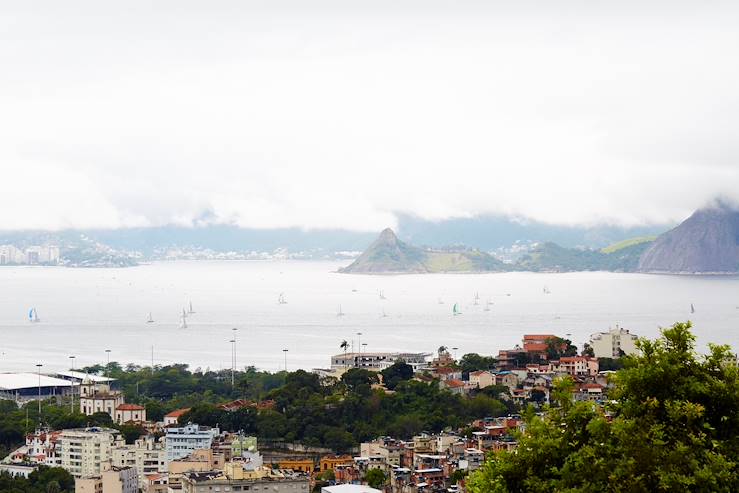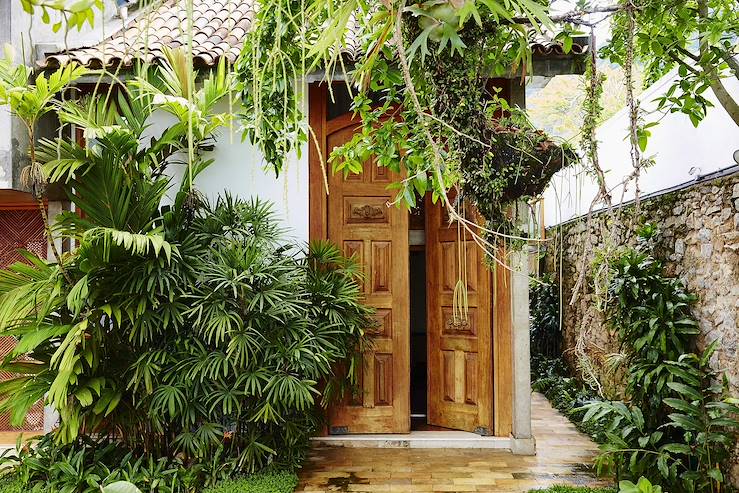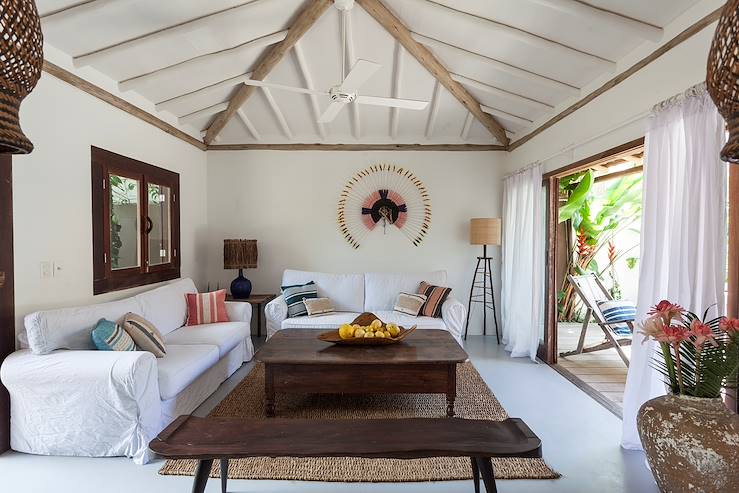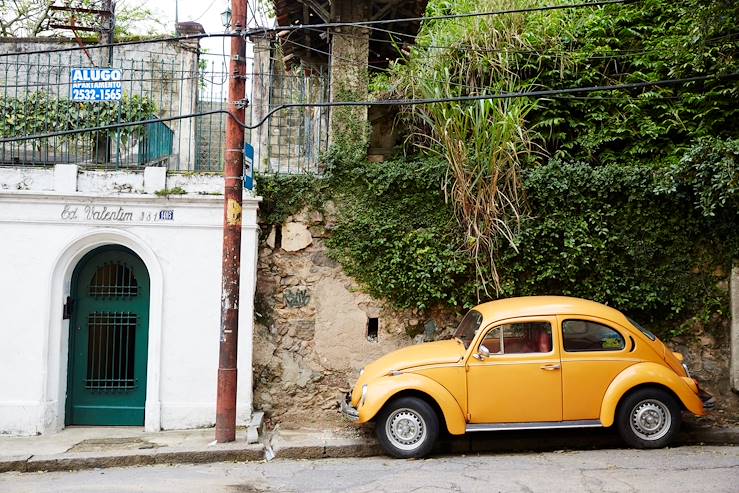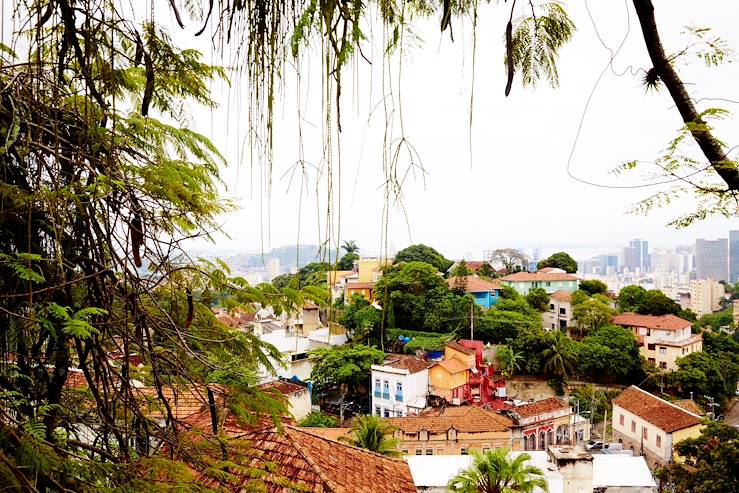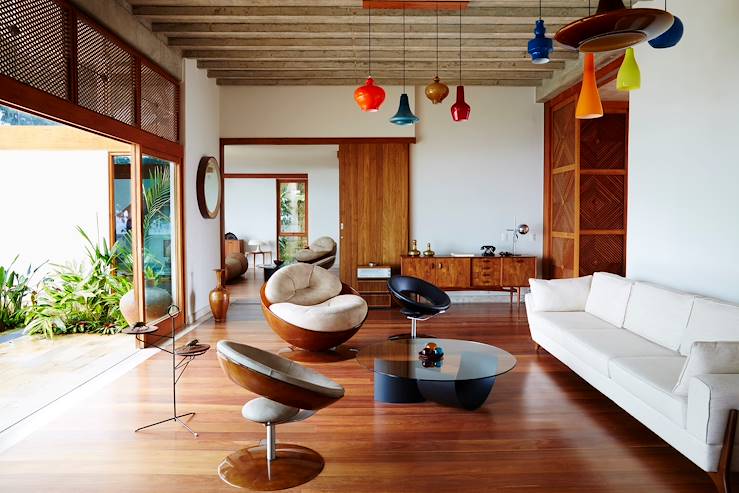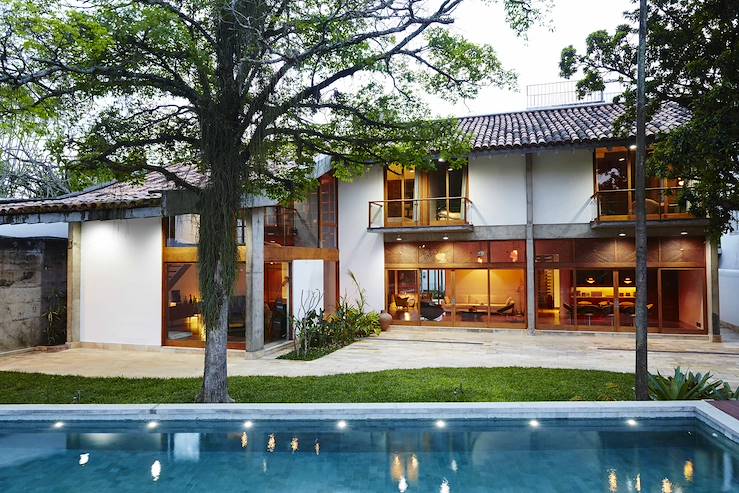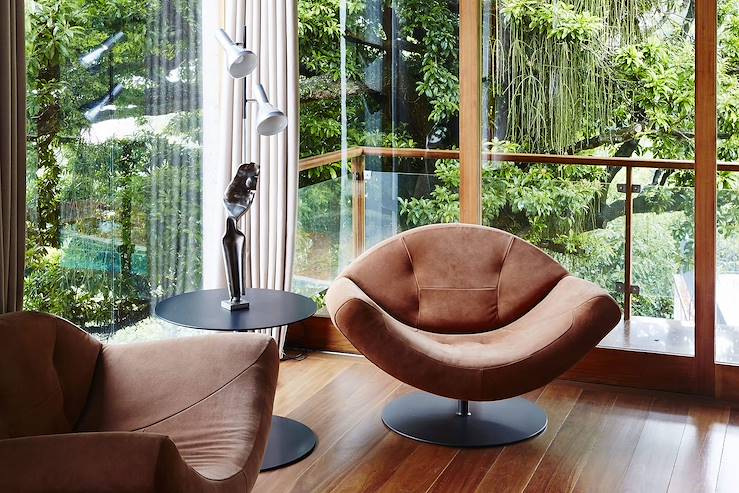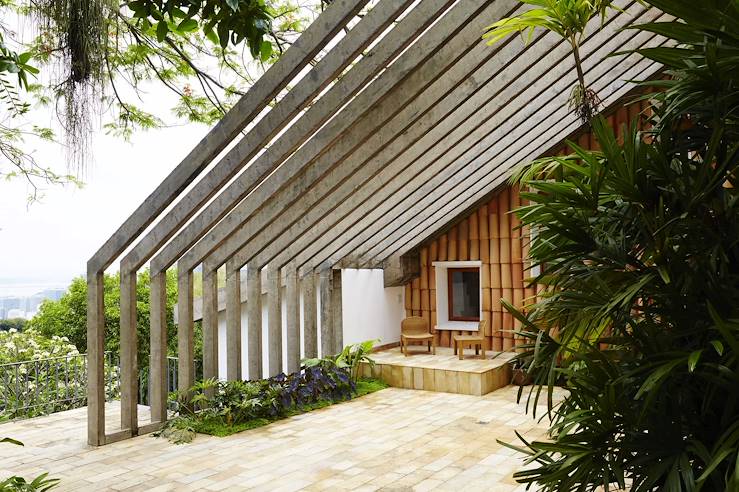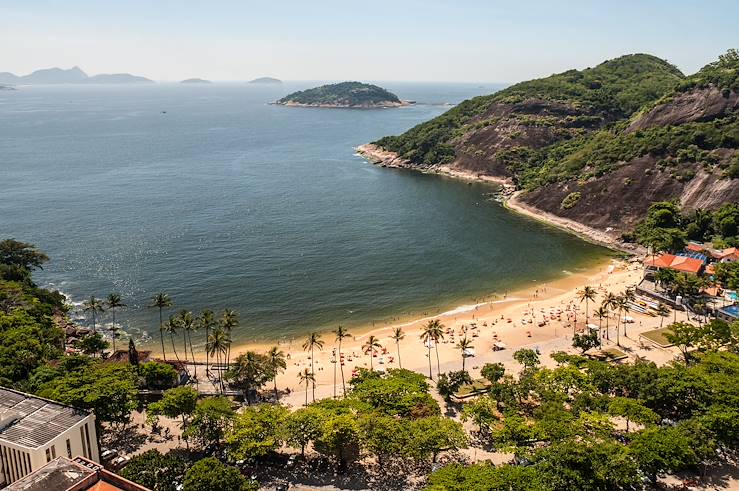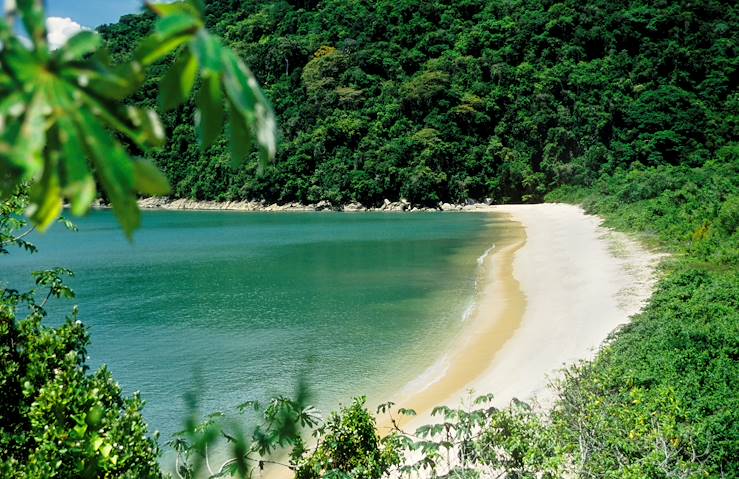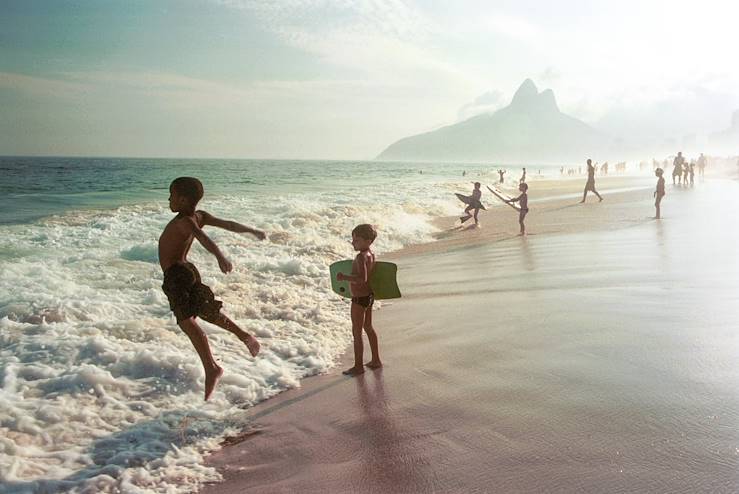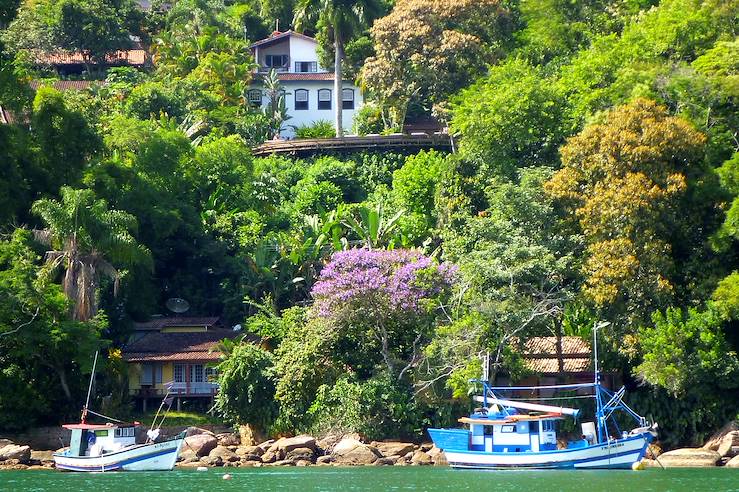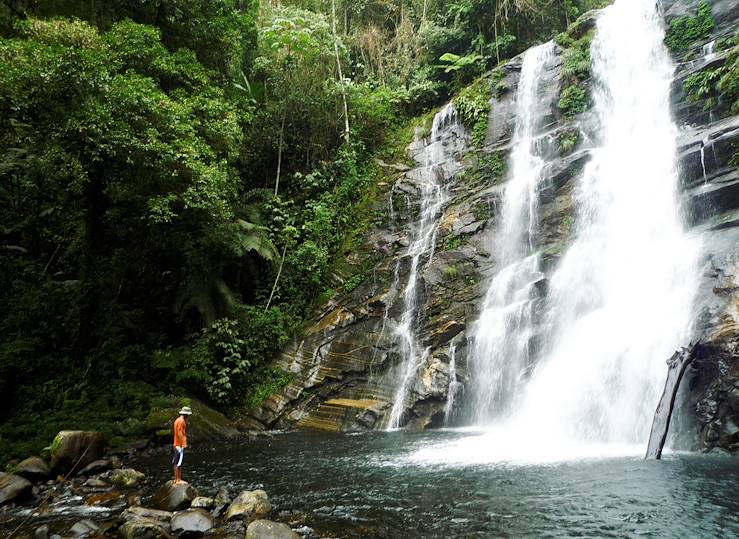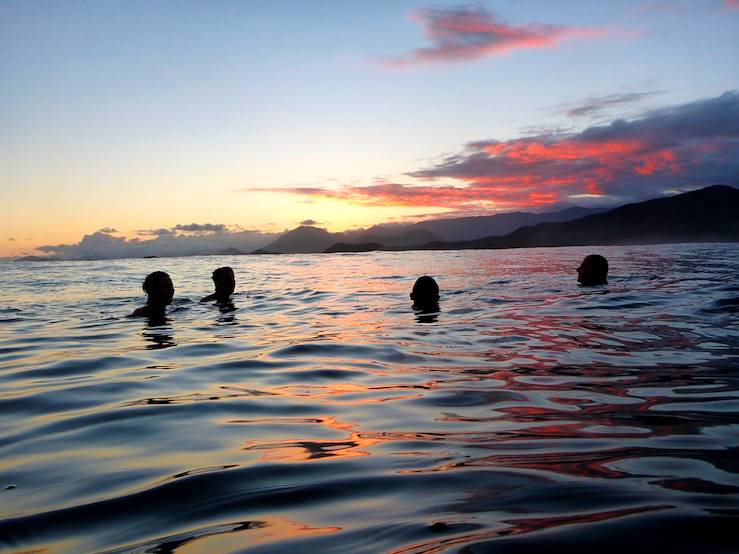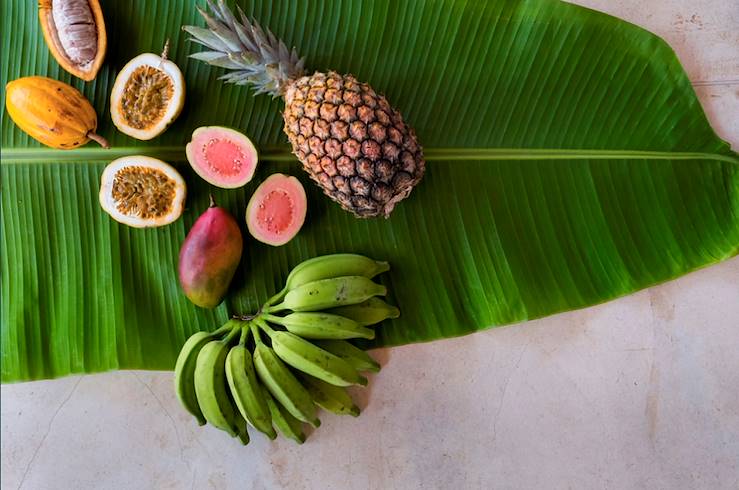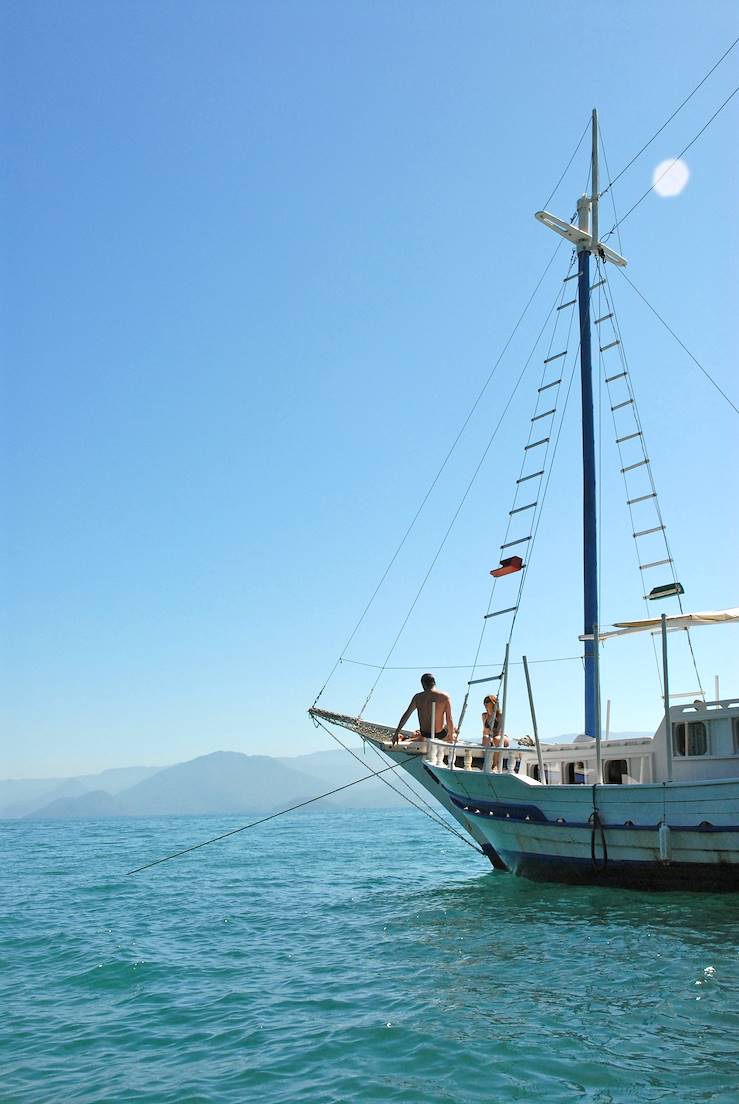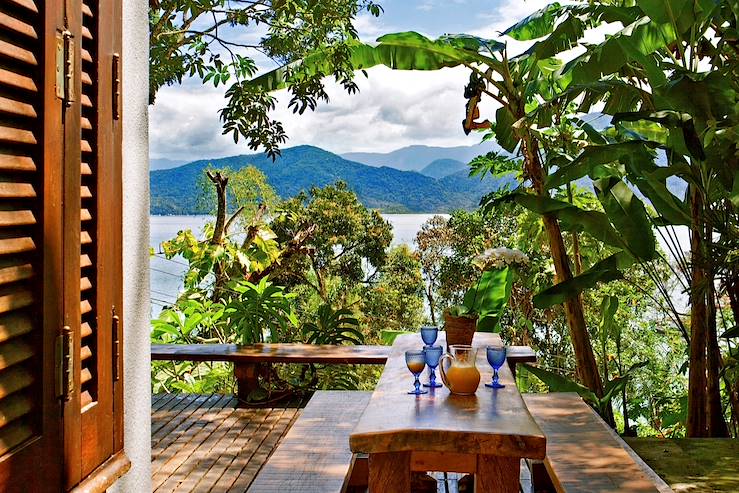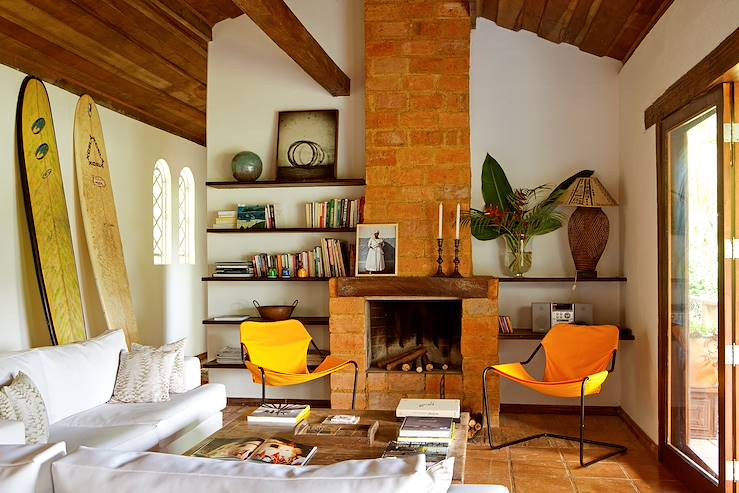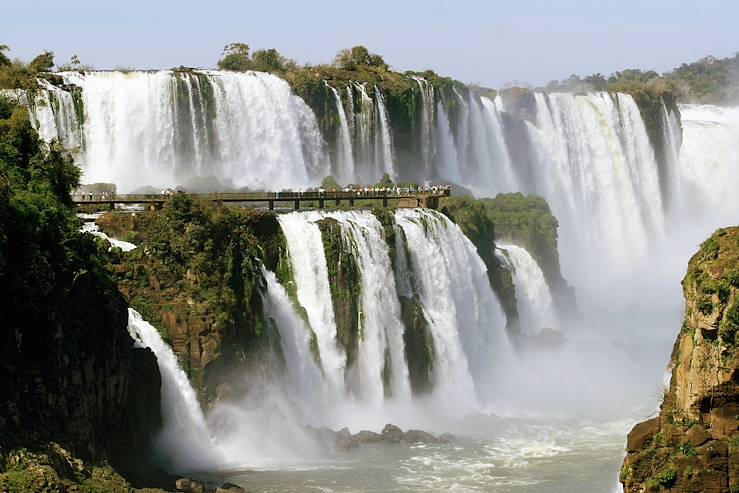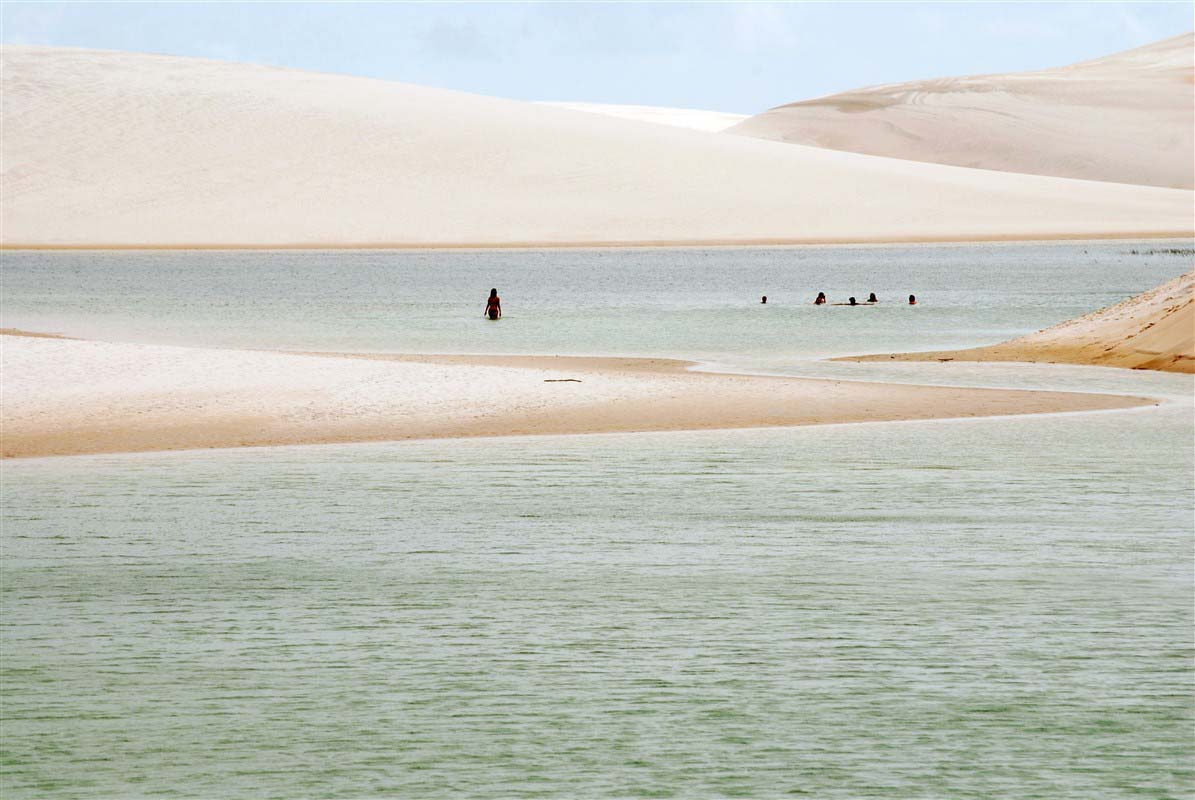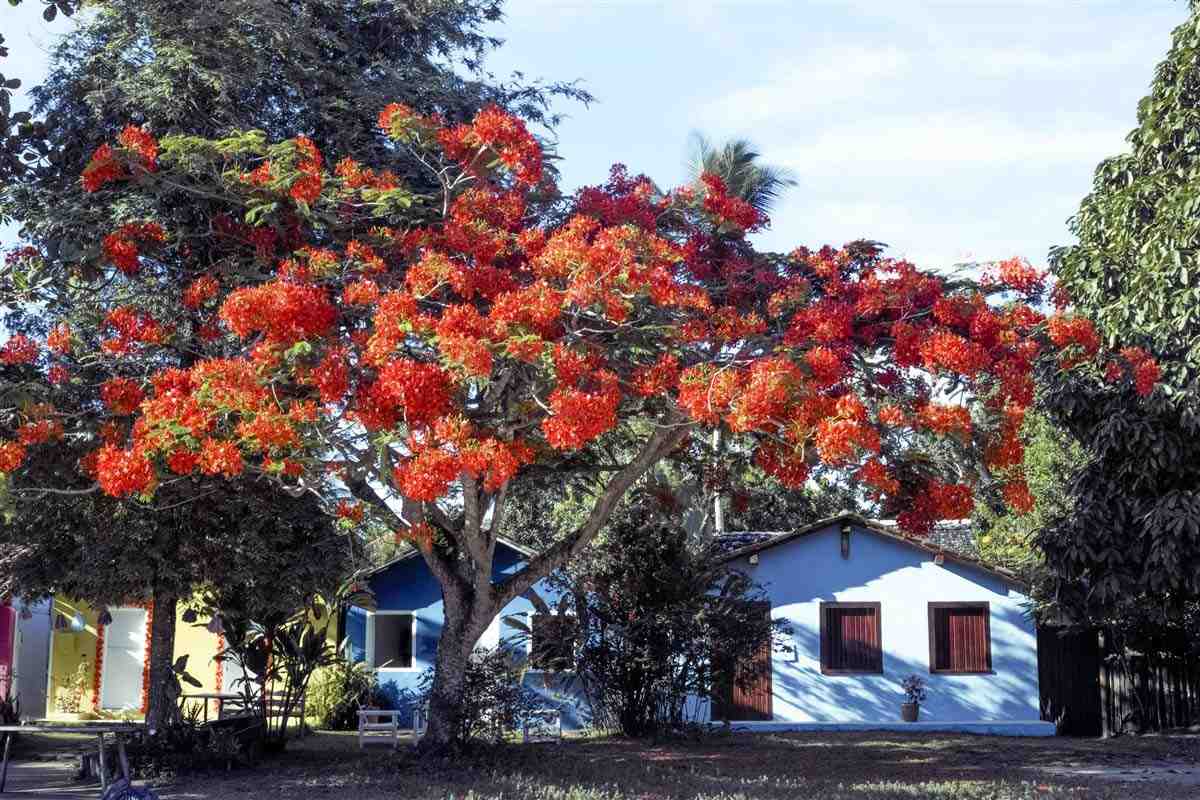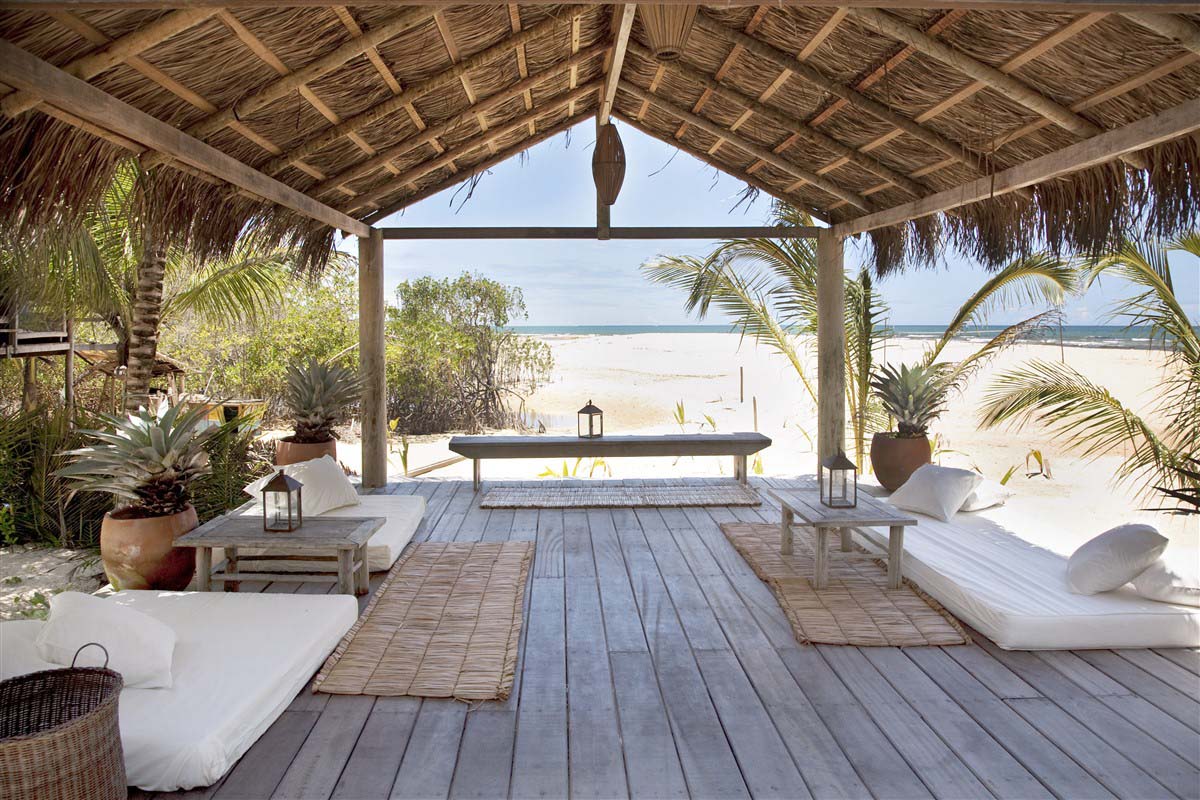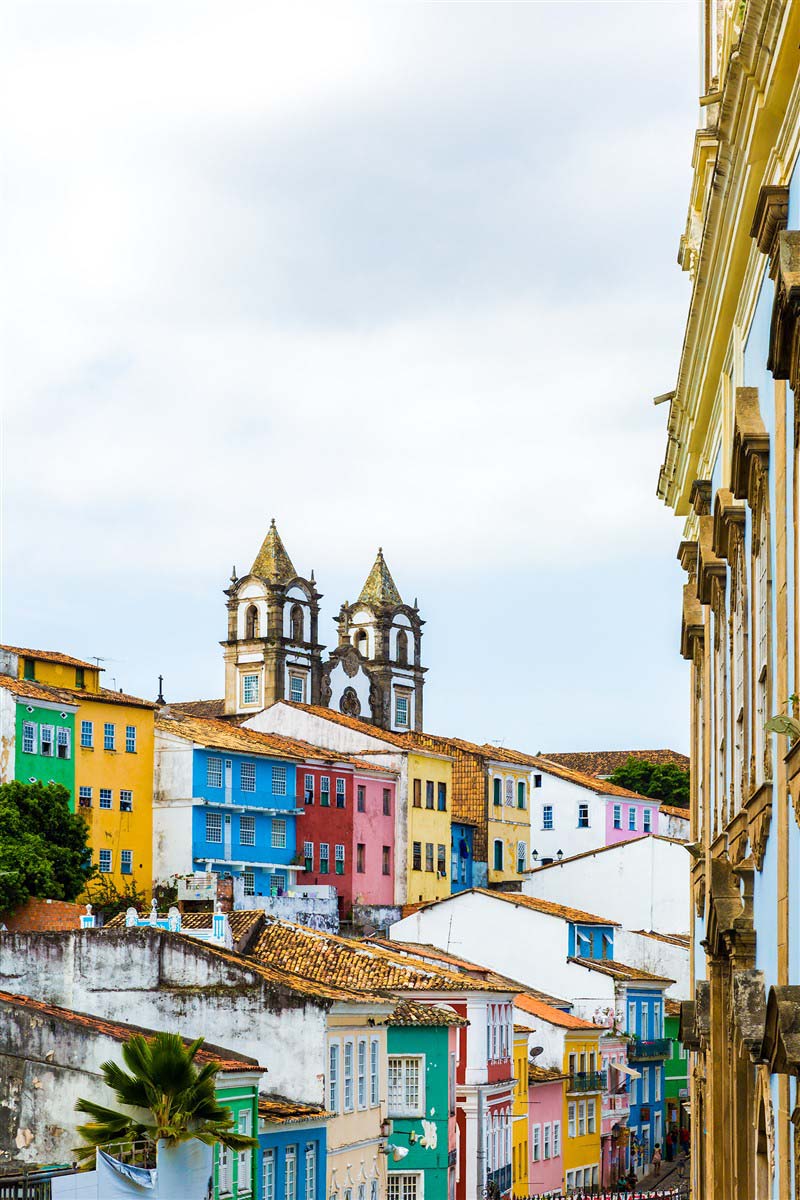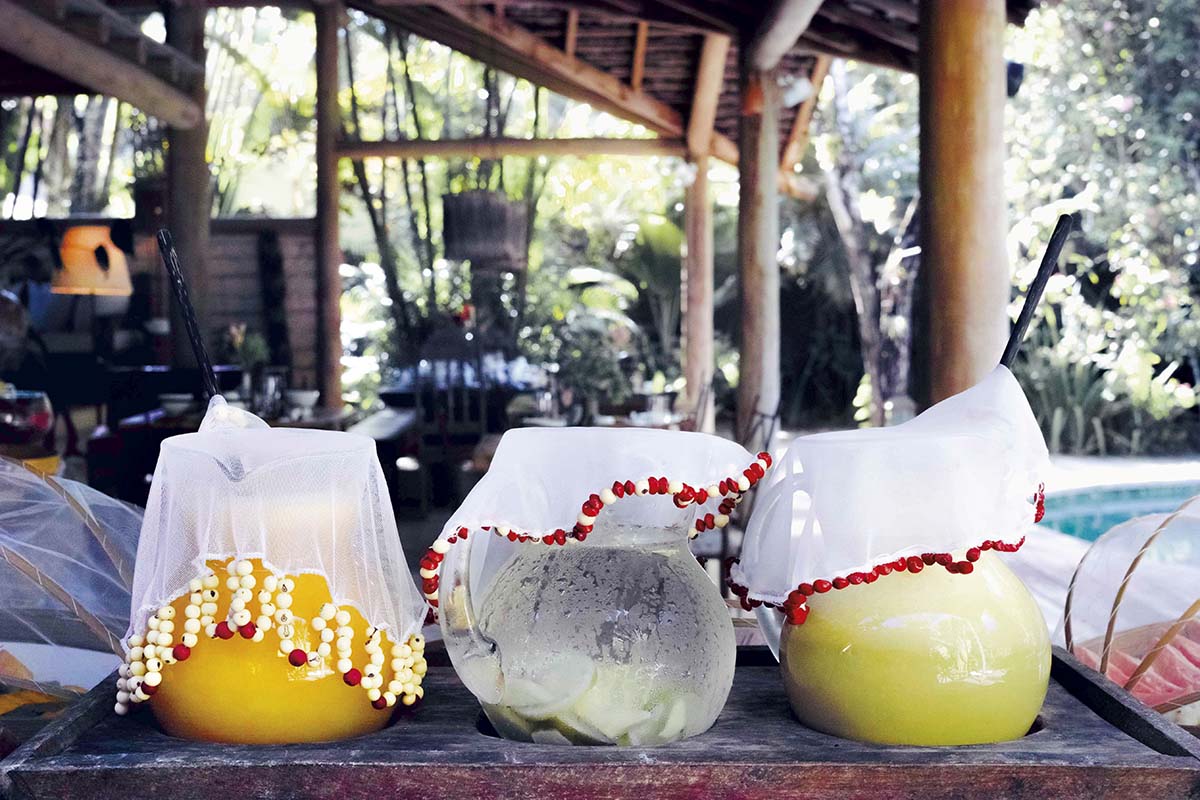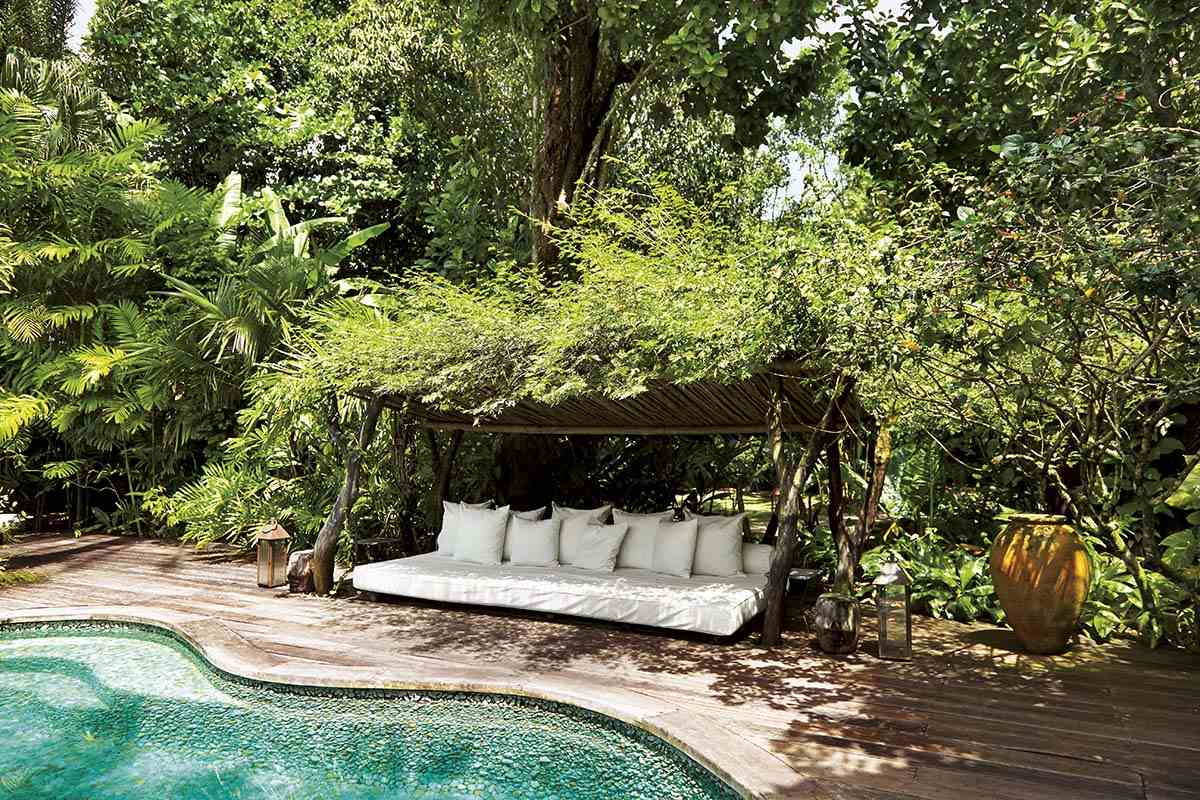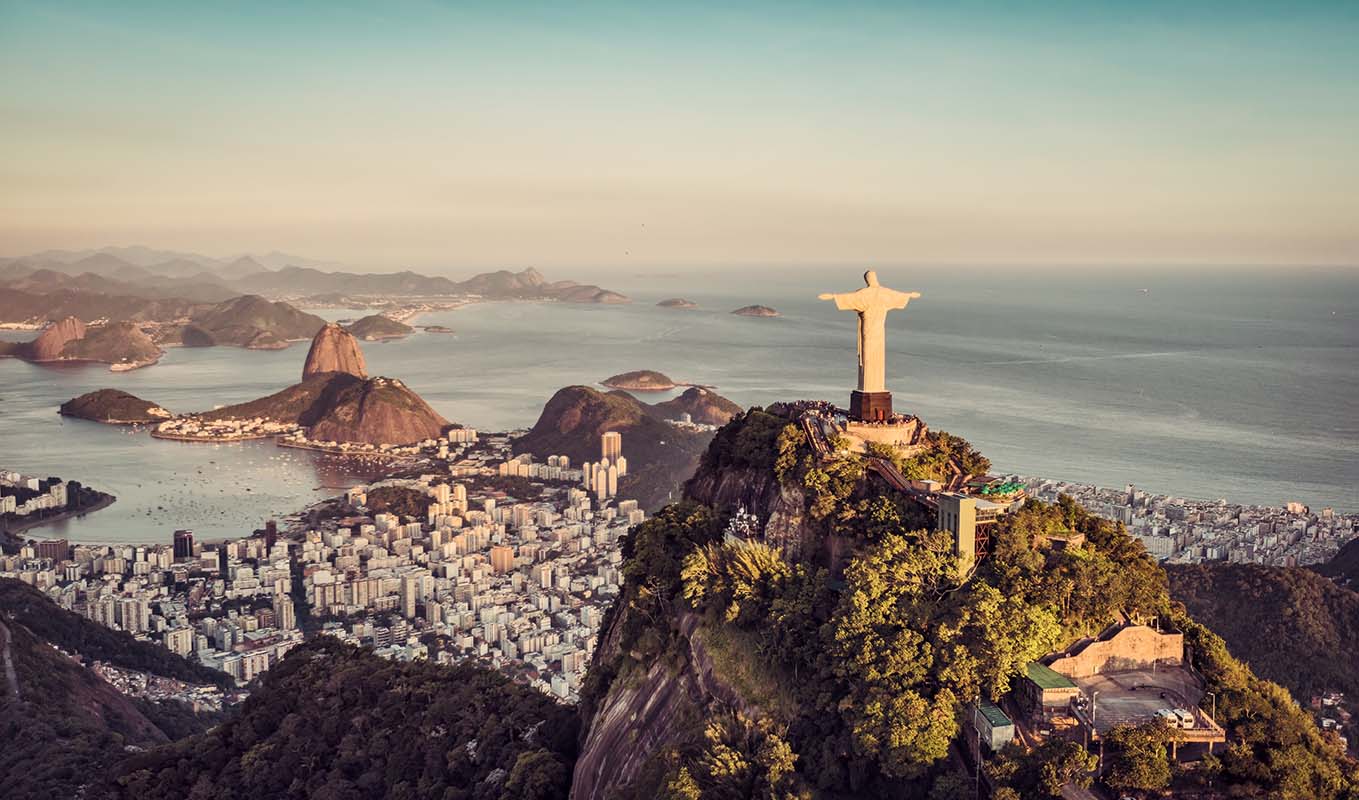Who are Bahia holidays best for?
Those who want to immerse themselves in the region’s unique Afro-Brazilian culture in one of the most postcard worthy cities in the country, head to Salvador. Historians will enjoy learning about one of the oldest colonial cities in Brazil, while fans of architecture can admire faded grandiose buildings, as well as splendid historic churches. There’s no wonder Salvador is a pilgrimage for musicians, with a culture near-obsessed with percussion, the sounds of which you can often hear spilling out of doorways and into the cobbled streets. Seeing as you’re in the music mecca, this is one of the best places to partake in a drumming workshop or a capoeira lesson. And when you want to escape, nowhere could be better than the palm-fringed beaches of Morro de Sao Paulo and Boipeba, which are nearby.
In the interior of Bahia lies a Lord of the Rings-esque land of underground rivers, cacti and table-top mountains. Based in a charming colonial village here in the heart of the Chapada Diamantina, you can explore the scenery on foot or by bike with an English-speaking guide. Breathtaking hikes and mountain-bike trips are interspersed with dips into the many crystalline streams and pools that are safe to drink from as you swim. There are underground caves to explore and for the more adventurous, diving deep into the caves is an option.
On the coast, Trancoso is fast becoming one the hippest beach destinations in South America, attracting celebrities aplenty. The village overlooks perfect palm-fringed beaches and colourful former slave houses cluster around the large main square known as the Quadrado, where everyone gathers to sip caipirinhas and browse in the antique shops, boutiques and local stalls. The atmosphere is one of sophisticated relaxation and flip-flops (Havaianas, naturally), linen shirts and kaftans are the order of the day.
What can you find in Bahia that you can’t find elsewhere?
Salvador’s balmy climes and buzzing atmosphere are undoubtedly infectious and celebration runs rife. It is here where the region’s candomblé religion survives, involving a unique mix of Catholicism and spirituality, with Candomblé music being essential to its ceremonies. As for festivities, there’s every excuse for a celebration here. Unless you’ve been living under a rock, you will have heard of Rio Carnival, but the party here in Salvador is just as big. There’s also something to be said about the street food – unapologetically regional but fresh and delicious. Most of the activity takes place around the markets where you can treat yourself to fresh papaya juices and sweet, creamy tapioca. If you haven’t heard of acaraje, you’ll certainly get to know this signature street snack while you are here – black-eyed pea fritters filled with shrimp, delicious. Or for a more upscale affair, head to a bar for a passion fruit caipirinha and aromatic moquecas (fish stew), all with Bahian twists.
A special experience in Bahia.
In Salvador, embark on an eye-opening visit to a candomblé ceremony. Mixing Catholic aspects with traditional Yoruba, Fon and Bantu African beliefs, this spiritual religion is one of the most popular in Brazil and especially prevalent in Salvador. Visit a private house or shrine where a local guide will explain the meaning behind this spirit-raising ritual. As an oral tradition, no scriptures exist, rather feasts for the eyes and unique language. Watch participants dressed in white become possessed by deities through music and dance, with graceful hand movements and swaying hips. and watch them make various offerings from vegetables to live animals.
Salvador is home to the ancient art of capoeira, a martial art developed by the Bahian slaves under the guise of dance movements. We can arrange for you to see a capoeira session in action, or even to try your hand (and foot).


